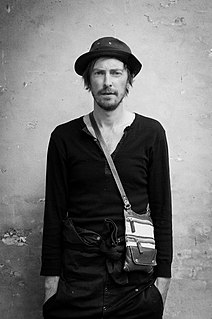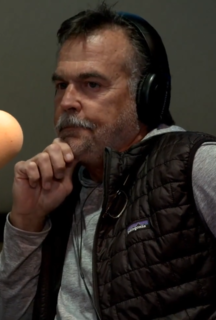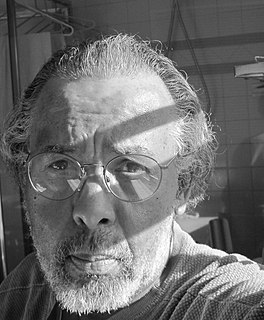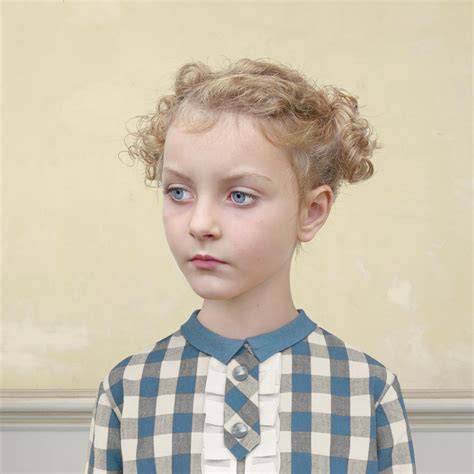A Quote by Henrik Vibskov
We make the patterns on the computer, but we also paint them by hand - it's a combination of digital and screen-prints. I'm trying to do as much as I can myself in the studio.
Related Quotes
For me, between "Reference" and "Sketching & Conceptualizing" is the "Get the Hell Out of the Studio" step. I most often NEED to shut off the computer, push myself back from my desk and escape the studio space to let possible ideas percolate in my gray matter before committing anything to paper or digital imagery as a sketch or a concept.
In every part of the world with which I am familiar, young people are completely immersed in the digital world - so much so, that it is inconceivable to them that they can, for long, be separated from their devices. Indeed, many of us who are not young, who are 'digital immigrants' rather than 'digital natives,' are also wedded to, if not dependent on, our digital devices.
I've never considered soundtracks for what I write. Nor have I considered computer drawing or painting. As a painter, I'm still trying to perfect what I started out doing with brushes, pen and ink, paint, etc. The transition, for me, from typewriter to computer was a big step. I am now very comfortable with writing on a computer but it took awhile. Because I did make that big step I won't rule out what happens in the future.
There are only patterns, patterns on top of patterns, patterns that affect other patterns. Patterns hidden by patterns. Patterns within patterns. If you watch close, history does nothing but repeat itself. What we call chaos is just patterns we haven't recognized. What we call random is just patterns we can't decipher. what we can't understand we call nonsense. What we can't read we call gibberish. There is no free will. There are no variables.



































